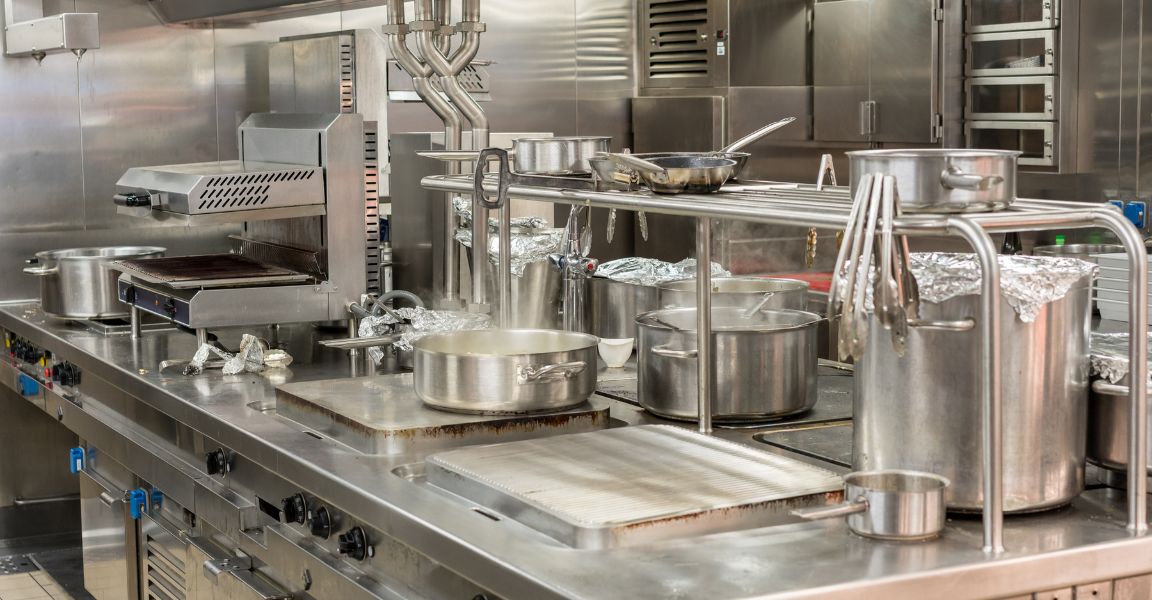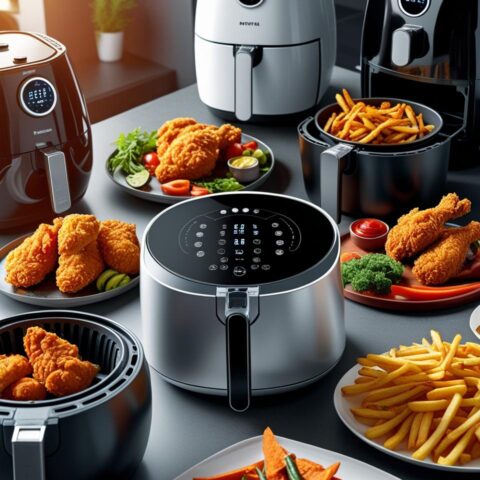As a restaurant owner or staff member, you know that kitchen odors can be a real problem. Not only can they make your kitchen an unpleasant place to work, but they can also seep into your dining area and turn off customers. You can keep your kitchen fresh by understanding the stinky culprits and addressing them. Let’s dive into the top six reasons for restaurant kitchen odor and what you can do about them.
Ladle of Contents
Old or Spoiled Ingredients
Old or spoiled ingredients are one of the most common culprits of odor. Spoiling food releases unpleasant smells that can quickly permeate your entire kitchen. The solution? Regularly inspect your food stock for spoiled items to ensure freshness. Dispose of any ingredients that are past their prime immediately.
Inadequate Ventilation
Inadequate ventilation is another major culprit behind kitchen odors. Improper airflow can trap odors, causing them to linger. Make sure your kitchen has a well-functioning exhaust system to combat this issue. Keep the windows open to allow fresh air to circulate. Consider purchasing air purifiers to help filter unwanted odors.
Blocked Drains
Blocked drains can be a nightmare for restaurant kitchens. They cause water to back up and can emit foul odors. Drain cleaner is an essential cleaning supply for your restaurant because it keeps your pipes clear and odor-free. You can also use a baking soda and white vinegar mixture once a week to eliminate odors.
Improper Cleaning
Improper cleaning is another reason for restaurant kitchen odor. Grease and food residue can build up when you don’t thoroughly clean surfaces and equipment, leading to unpleasant smells. Establish a strict cleaning schedule for your kitchen to tackle this problem. Make sure staff cleans all surfaces, including floors, walls, and equipment with appropriate cleaning products.
Overfilled Trash Bags
Trash can be a significant source of kitchen odor, especially if you don’t frequently empty the cans. Here are some tips to minimize trash-related stenches:
- Monitor your trash levels regularly.
- Empty bags before they become too full.
- Use odor-neutralizing trash bags or sprinkle baking soda in the bottom of the bins to absorb smells.
Spilled Food or Liquids
Spilled food or liquids can contribute to bad kitchen smells if no one cleans them promptly. The longer spills sit, the more time they have to emit odors and attract pests. Establish a protocol for dealing with spills and ensure all staff know proper cleanup procedures.
Conquering kitchen odors is all about staying vigilant and proactive. Understanding the common causes of odors and implementing these simple solutions ensures your restaurant’s kitchen always smells its best.








